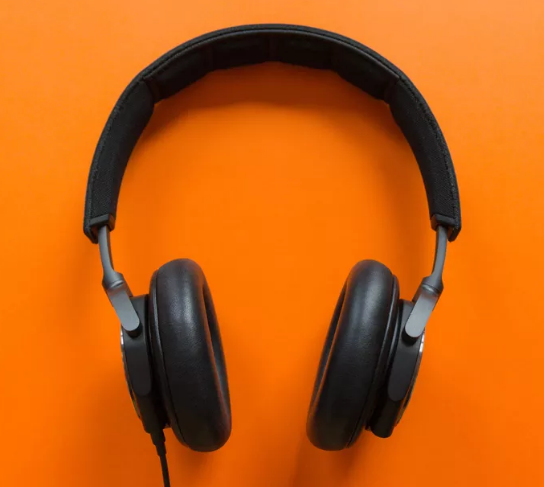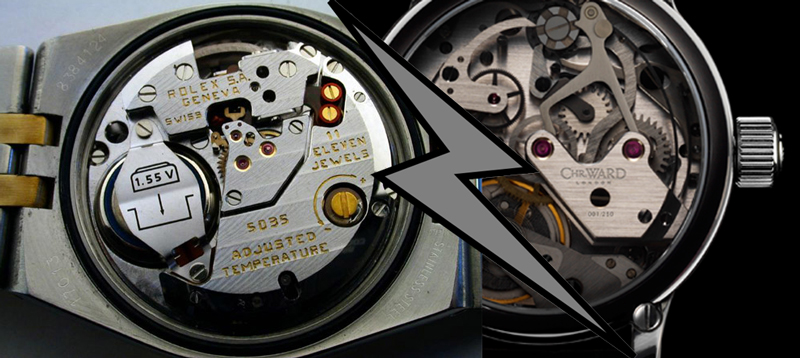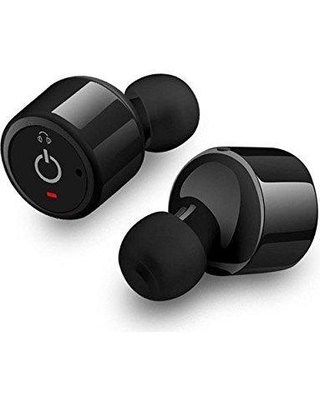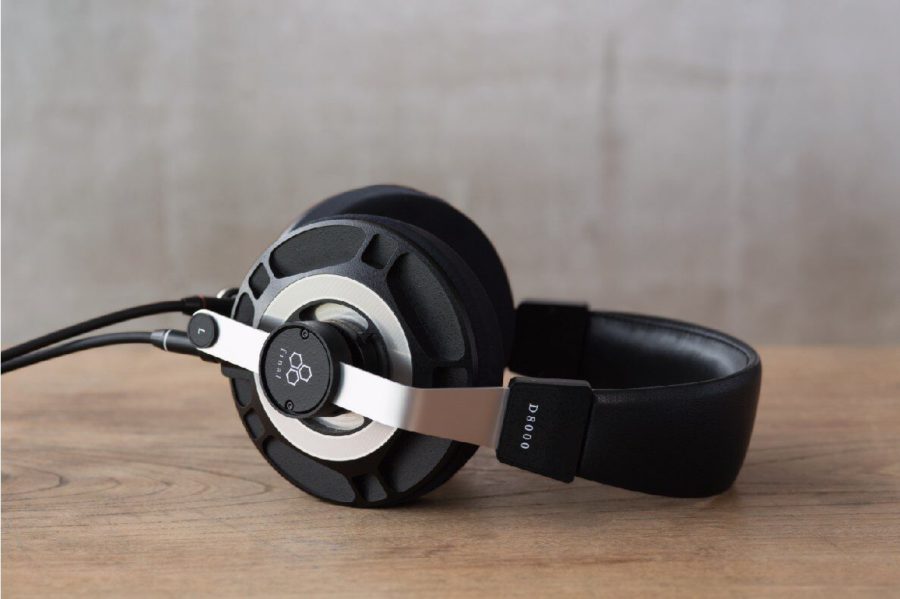Film cameras. Vinyl records. Mechanical watches. It's the turn of wired headphones ..

Original material
There are certain classes of personal devices that refuse to 'die' no matter how comfortable, harmonious, and relatively inexpensive their 'followers' have become. Wired headphones are not in danger of extinction from the market, but the future of personal audio will be determined by wireless technologies, this is already clear. At least in my head, the question arises about the role and prominent position of wired headphones in our even more technological future. The closest analogue I could find is an analog clock.
In the 1970s, the quartz revolution revolutionized the entire watchmaking industry. Quartz watches were much more accurate and more mechanically resistant, simpler and cheaper to manufacture than the more expensive and sophisticated traditional watch models. Of the 1.46 billion watches produced in 2015, 1.42 billion were quartz, according to the Japan Clock & Watch Association (JCWA), so few argue about the magnitude of the impact of this change over the 40 years since Seiko's first quartz watch hit the market. Yet mechanical watches are ubiquitous around them, attracting the attention of most watchmaking enthusiasts.

It turns out that people really love the craftsmanship and the level of finesse required for mechanical engineering to work properly. Classic mechanical movement relies on the release of the energy of a wound spring to trigger the balance wheel to track time, and millions of small factors can interfere with this process, thereby compromising accuracy. For example, the force exerted by a fully wound spring is not equal to that of an uncooked spring, so the watch has to somehow adjust it. The balance wheel can also be influenced by the orientation in space and movement of the watch when worn, or the side on which it lies at night when not wearing it. In this fragility of the timekeeping process (natural and organic in sensations, unlike electronic watches), buyers find a certain amount of romance. Like film and vinyl, mechanics are technically inferior to modern alternatives, yet we see our charm in these flaws.
Headphones go through a similar transformation process
Headphones are going through a similar 'quartz' period at this point in time. Over the past few years, wireless headphones have developed in leaps and bounds, both technically and in user awareness. Models such as Apple AirPods and Sony 1000X 'noisy' have raised the bar and lowered the tolerance for wired inconvenience. Smartphones have stopped relying on the need for a headphone jack, thus giving everyone a reason to switch to wireless products.

There are still differences in sound quality between wired and wireless headphones, but for the vast majority of the market, it is negligible. All data points to significant growth in headphone sales driven by the transition to wireless technology and other 'smart' technologies. Likewise, watches moved from mechanical to quartz, and then to the modern stage of smartwatches. The same awaits the headphones: the transition to wireless solutions, and from them – to a certain variation of 'smart' headphones working in conjunction with a voice assistant. The development of consumer headphones is generally understood to mean wireless devices. The manufacturer will have to work hard to explain the need for 'wire'.
Watchmakers realized that the best and probably the only way to support the mechanical watch business is to sell the latter as a luxury item. To disguise the technical superiority of quartz watches over mechanical counterparts, designer leather straps, sapphire glasses, hidden (and not so) advertising in Bond films and Formula 1 cars, as well as the generally accepted concept of 'take the best from life' are used. The same approach is already being successfully used by some headphone manufacturers who dare to put a $ 3,000 price tag on their best products and find, albeit a limited, but ready audience.

Final Audi o D8000, $ 3799
The final important commonality between watches and 'old school' headphones is, shall we say, immortality. You can leave your self-winding watch in the box for half a century, take it out, blow off the dust, shake it, and it will go again as if it hadn't been that long. The same applies to wired headphones: all you need to listen to music is a jack. It is this closeness to these timeless technologies (as opposed to the modern, battery-dependent devices that have flooded store shelves) that brings us back to what seems to have been forgotten.
Over time, I assume that the headphone market will find a sweet spot, as happened in the watch industry. Wired headphones will be marketed as something exclusive, in part due to a natural decline in sales, and luxurious, because it takes superior materials and attention to detail to stand out from the rest. What will not happen again is the fate of ordinary mobile phones, hard drives and mini-disc players: wired headphones will not become the lot of chronicles and narrow niches. We appreciate them, we enjoy them, their technical charm does not allow us to completely abandon them.
Author – Vlad Savov
In modern conditions of the development of the direction of personal audio, such 'mature' technologies as wired headphones actually have a difficult time. The rejection of the 3.5 mm jack in mobile electronics, the widespread promotion of wireless products sharpened for different use scenarios, fatigue from frequently failing plugs – all this plays a role.
My switch to wireless headphones happened a little less than a year ago, but by inertia when ordering the OnePlus 5 added a wired headset to it. Of course, this transition was facilitated by a close acquaintance with several models of headphones, which I wrote about on the pages of AMR, as well as an interest in the new and the unknown. It turned out that my bias against wireless headphones was due to a simple habit and reluctance to put headphones on charge. There is interest in bone conduction headphones, but so far we have not been able to test such a model. I adhere to the wireless version of the future of headphones, but I do not exclude that premium wired solutions will remain on the market and will have their customers in the person of audiophiles with cool audio systems and techno-hipsters-Luddites. And you?
